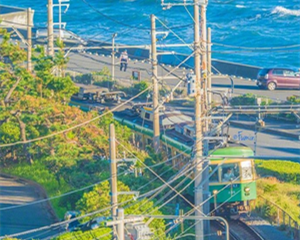Again, a lot of research showing this. And by the way, this applies to all ages.
很多研究都证实了这一点 它适用于任何年龄
To all ages. Well, not all ages. I hope. 21 and on.
不是任何年龄 21岁以上
Now the important thing to remember about exercise-it is not a panacea.
但是关于锻炼要记住的很重要的一点是 它不是万灵药
It's not a fix-all. Remember not everyone benefits from exercise.
它不是万能的 记住不是所有人都能从锻炼中获得好处
There are some people for whom medication is absolutely the right thing and it's important.
对于有的人来说 服药就是 很适合和很重要的方式
However, in many situations, and it's eveident by, by literature, by research-in most situations, exercise can help.
然而在很多情况下 研究和调查都证实了 在大多数情况下 锻炼是有帮助的
Even it's not on its own. Even in conjunction with something else. It helps.
就算不是它本身的作用 即使是和别的东西协同作用的 它还是有帮助
And again why fight nature? Why fight it? Nature to be commanded must be obeyed.
为什么要和自然对抗呢 自然所要求的必须遵守

What's very important is recovery. Let me read you something that Dienstbier and Zillig
还有很重要的一点在于恢复 我给你们读读诞丝提伯和紫玲
write about in the Handbook of Positive Psychology to researchers in the field: "
在《积极心理学手册》中对研究者们这样写道
Repeated workouts that are too intense to allow complete recovery may cause endurance athletes to experience 'staleness, '
"重复的过于密集的训练 以至于没法及时恢复 可能会导致运动员感觉到'泄气'
a syndrome that is characterized by increased psychological symptoms of anxiety
典型的症状为更高的焦虑水平
with increased sympathetic nervous system, catecholamine, and cortisol base levels."
更高的神经紧张度 更高的儿茶酚胺和皮质激素水平"
Now what they are saying here is that there can be too much of a good thing.
他们想说的是 有时事情是过犹不及的
And this is especially important for perfectionists to understand
尤其是完美主义者要明白这一点
It doesn't mean that more is always better when it comes to exercise.
越多不一定代表越好 说到锻炼的话
There is too much-and some of the symptoms of overtraining are very similar to the symptoms of undertraining.
确实会过度锻炼 有些过度训练的症状 会和训练不足的症状十分相似












